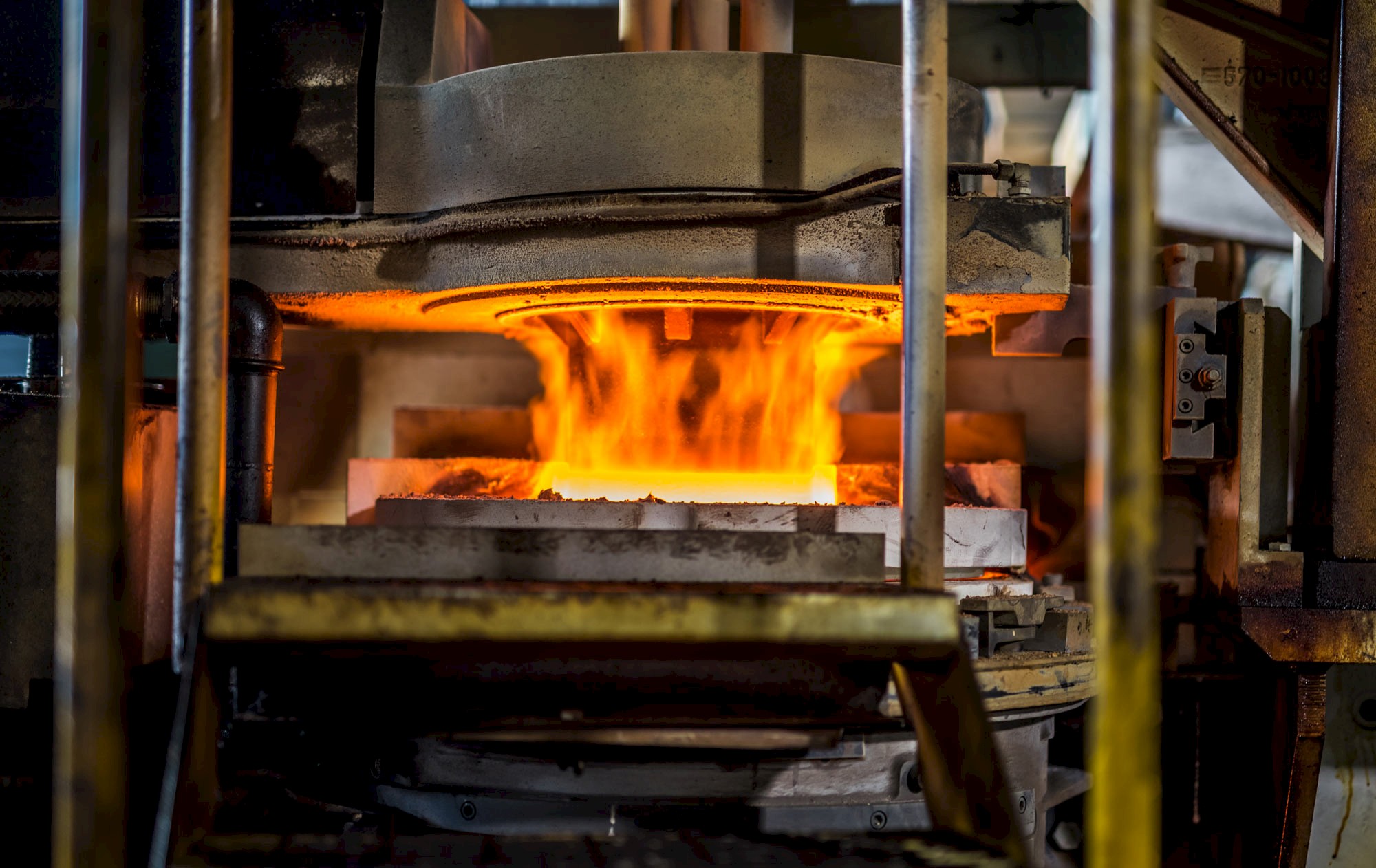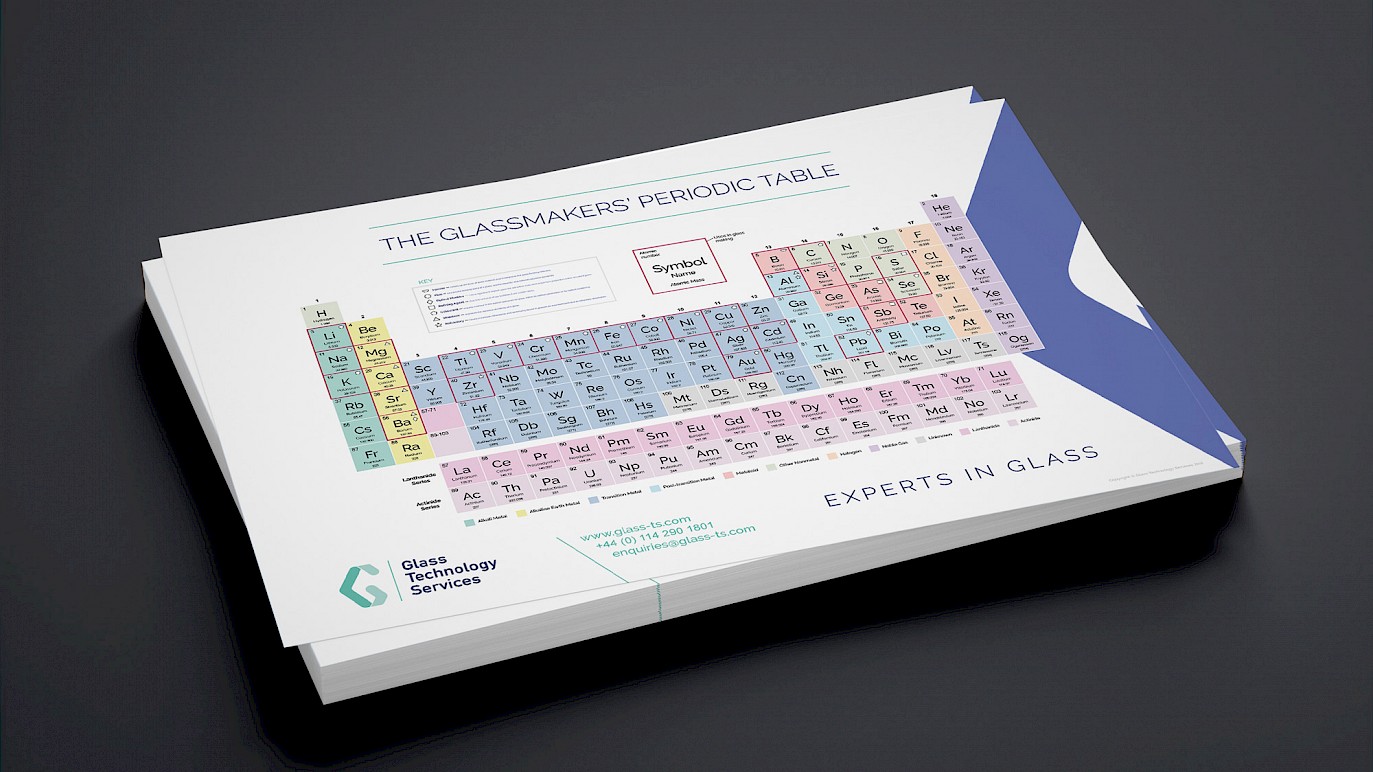We are taking part in the AI6S project which will develop a novel toolkit for process optimisation across the glass, cement, paper, ceramics, metals and bulk chemicals industries.
The aim of the project is to enable efficiencies that result in:
- reduced energy consumption
- less waste
- an improved ability to meet challenging (and commercially attractive) specifications
- short turnaround times
This is one of several new projects funded by UK Research and Innovation (UKRI) which share the objective of developing new technology, reducing waste and increasing energy efficiency across the foundation industries.
Who we are working with
The project partners are (in alphabetical order):
What the project involves
Current lean six-sigma methodologies provide efficiency gains through continuous improvement following highly manual procedures over process iterations. However AI6S will enable companies to achieve a production output that is "right first time”– meeting challenging specifications and stringent quality criteria whilst reducing energy consumption, waste and cost through:
- higher yields
- more efficient processes
- faster throughput
This could result in potential annual savings of:
- 21,800,111 kgCO2e (carbon dioxide equivalent)/£58million for the UK
- 675million kgCO2e/£1,800million globally
These benefits will be achieved through the use of a machine-learning optimisation approach tailored, for the first time, specifically to the needs of foundation industries and integrated within a lean six-sigma framework. The system will automate and massively speed up process improvement, and reuse historical data to optimise process conditions.
Novel aspects of the approach include:
- the use of a special two-stage optimisation process which provides rapid global optimisation, even for complex processes involved in high-energy thermal processes
- the use of data synthesis to achieve faster and more accurate model training
This novel technological approach will be integrated into a lean six-sigma framework for rapid adoption across the foundation industries. The algorithms will be implemented in a software platform that can easily be incorporated into other quality and enterprise software tools.
The effectiveness of the toolkit will be demonstrated through two use cases in metal forging and glass production, providing the two foundation industry companies with direct gains in process performance.
Our involvement in the project
Here at Glass Technology Services, we will:
- examine the annealing of glass containers
- look for optimised lehr performance
- develop new applications to calculate optimised annealing schedules
- consider not only the annealing lehr performance and thermal profiles, but also the exit temperature to optimise the cold end coatings applications
“The annealing lehr is still a vital part of the glassmaking process, linking the bottle forming taking place at the hot end and the inspection and quality checks which are done through the cold end within the factory. The project team are great – they all have amazing technologies to bring to bear, and we can see a significant number of benefits coming out of us looking at the annealing process for container ware.”
Martyn Marshall, principal glass technologist
Find out more
Contact us to find out more about the project or how we can work together.

